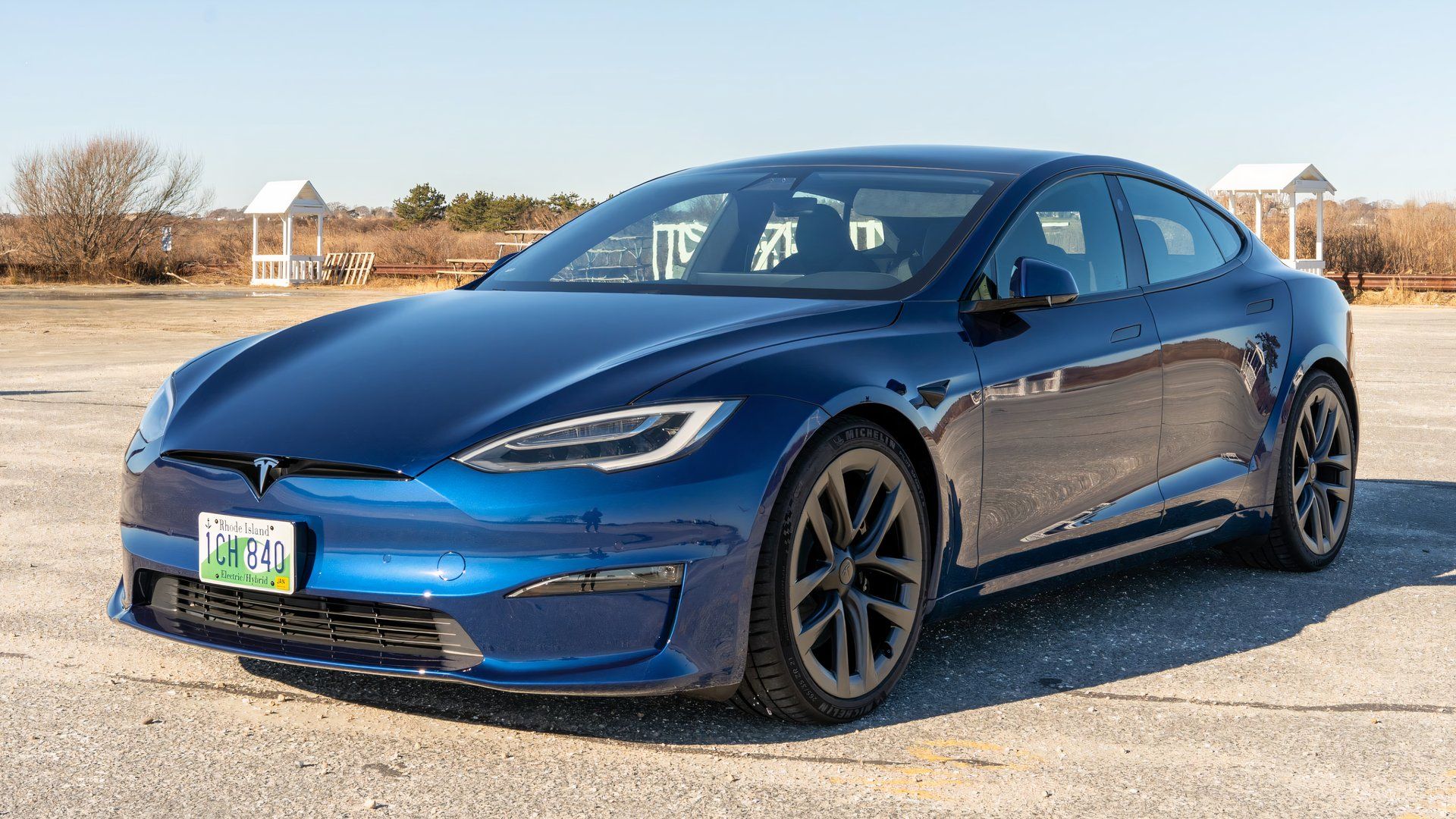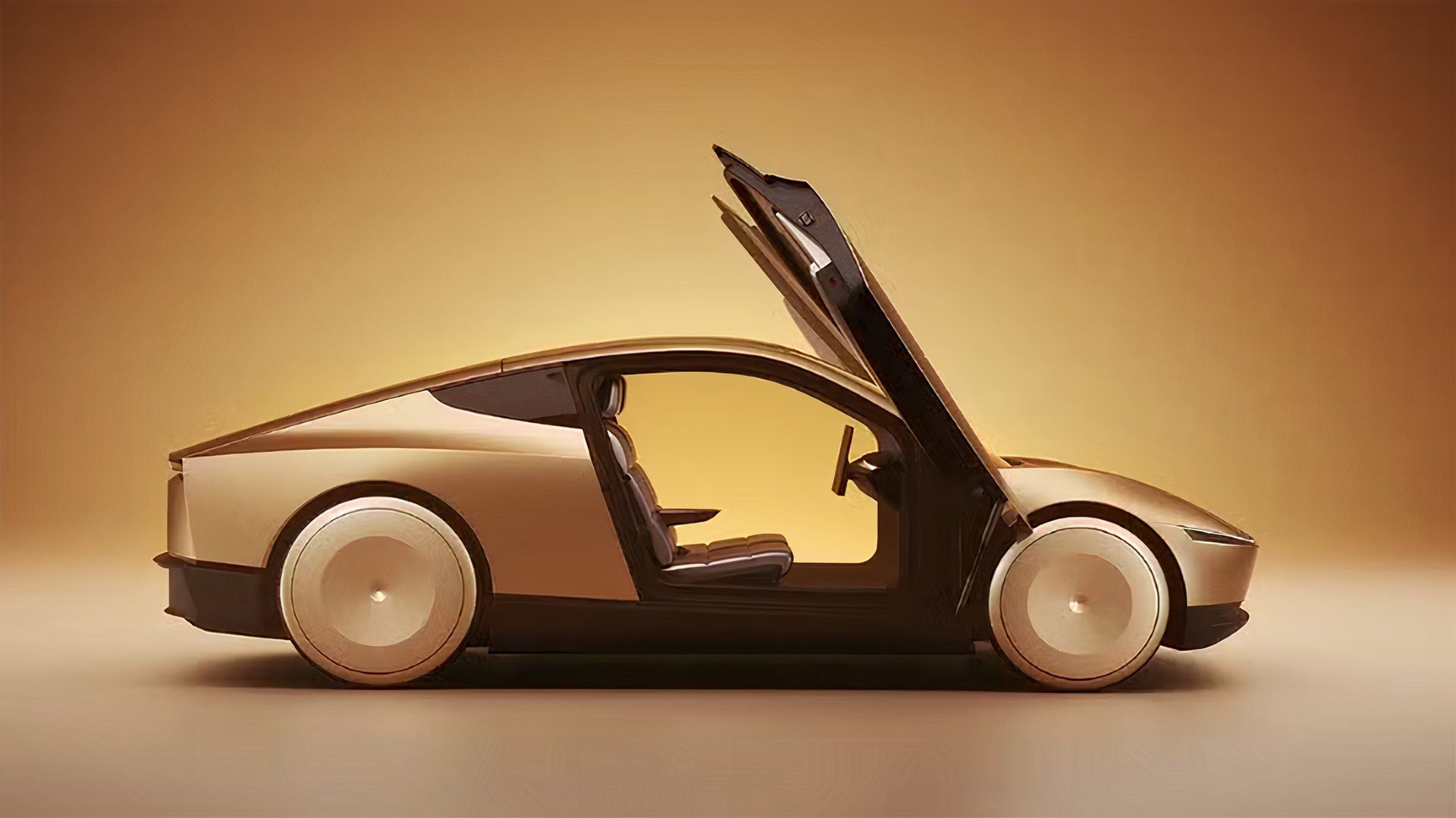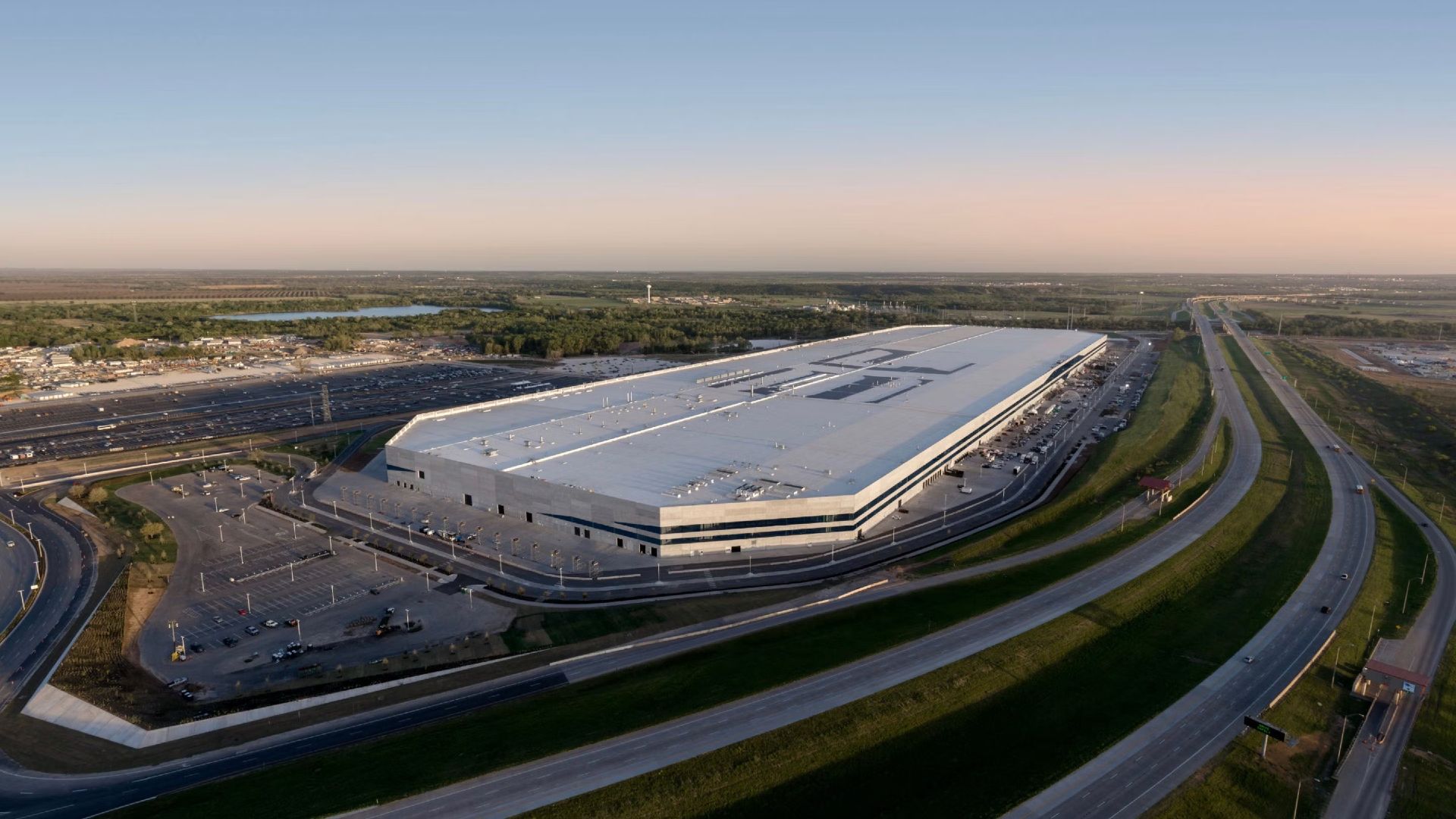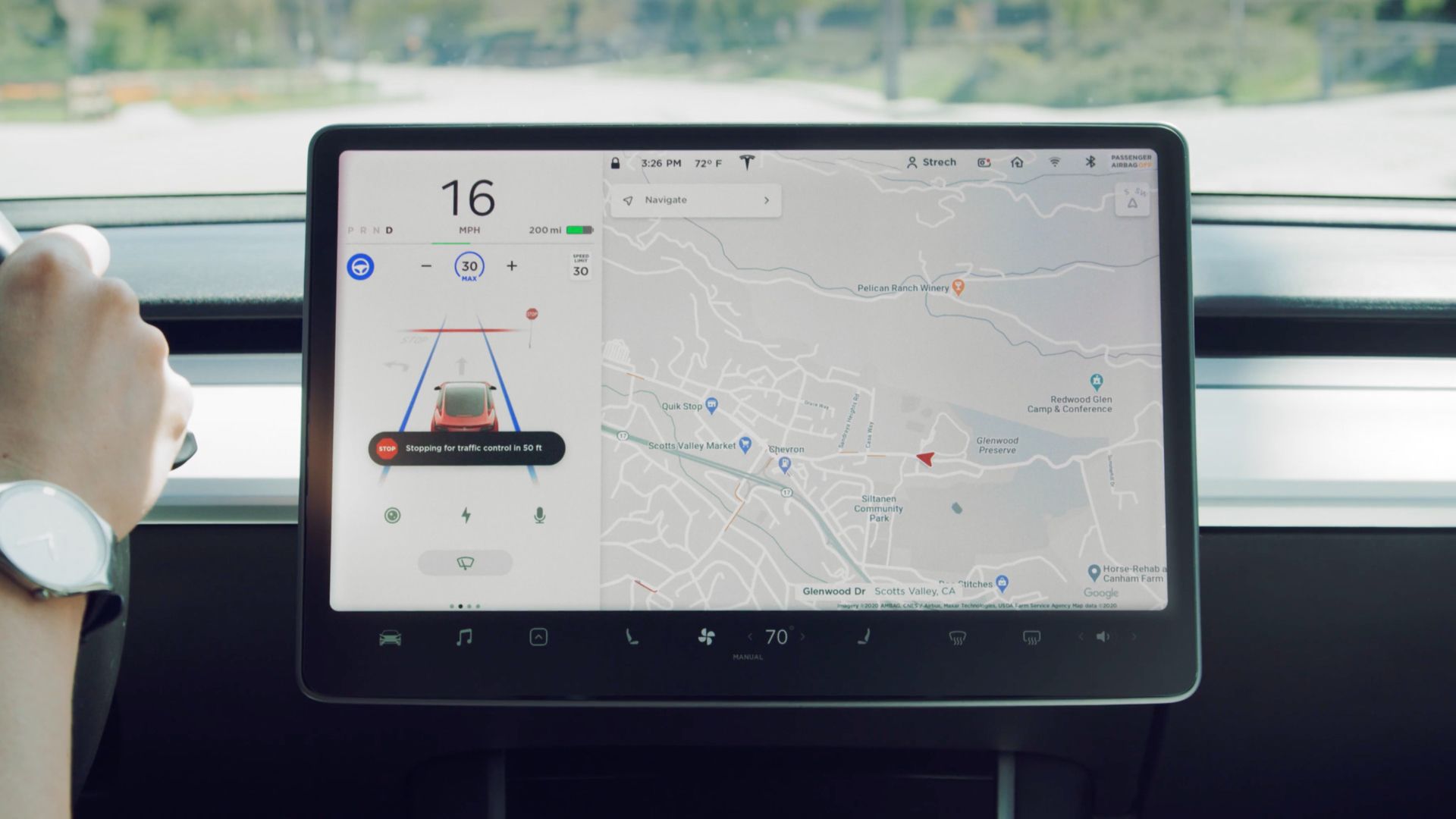Tesla shares jumped 28-percent in the first week after Donald Trump’s reelection, and this has since risen by 37-percent from pre-election levels. Elon Musk is close to Trump and is also the CEO of Tesla (although since 2021, his official title has been Technoking). Musk was closely linked to Trump’s election campaign, pouring over $100m into a Super PAC supporting the candidate. He even joined Trump on stage at various rallies and events.
Since the election, Musk has been a constant presence at Trump’s Mar-a-Lago Florida home and club, where he helped shape the transition. He was included in family photos, joined in phone calls with world leaders, and was appointed as joint head of an advisory body called the Department of Government Efficiency (DOGE), where he would have tremendous influence over most of the Federal agencies in the U.S.
Musk, as a person and personality, is almost synonymous with Tesla in the same way that Steve Jobs was to Apple. Where Musk goes, so does Tesla. So, why did the EV company’s value jump to over a trillion dollars after Trump’s reelection? Here is a look at what caused the spike in Tesla’s value and how Musk’s proximity to the levers of government power could affect Tesla in the short and medium term, in the U.S. and the international markets where Tesla has a significant presence.
In order to give you the most up-to-date and accurate information possible, the data used to compile this article was sourced from various manufacturer websites and other authoritative sources.
On 25 November 2024, Tesla’s market value was $1.086 trillion, up from $690 billion before the election. Compare that to the second most valuable carmaker, Toyota, now at $230 billion, compared to $247 billion. Tesla sold 1.8 million vehicles in 2023, while Toyota sold over 10 million. But Tesla’s value is based on more than car sales. A large part of it sits with Musk himself, and his other tech innovators like SpaceX and Neuralink.
Musk, although often divisive, is a large persona. Where most business leaders will keep a low profile in politics, Musk has placed himself front and center in the Trump campaign. The $350 billion Tesla stock gained since the election represents the market’s expectation that Musk’s proximity to Trump will bring massive benefits to Tesla. Although some market analysts are warning that Tesla could be overvalued by as much as 35%, it is worth looking at the specific areas that so excited the markets.
Tesla In The Anti-EV Administration
Trump has been particularly scathing about renewable energy, panning windmills, and espousing the benefits of oil and coal. During the campaign, he promised to cancel the Biden Administration’s $7,500 tax credit on new EVs. Although legacy carmakers like GM and Ford have invested heavily in developing new EVs and their production, these have not taken off as much as hoped.
While Tesla would also be affected by canceling the tax credit, Musk believed it would harm the new EV makers far more than the market leader that Tesla is. It would also make new investment in EVs less attractive. Musk expressed the view that all government subsidies should end, including those for EVs, oil, and gas.
Tax Credit Popular In Red States
Canceling the EV tax credit may run into opposition from the Republican Congress, many of whose members represent states or districts that will suffer if this passes. Hyundai, for example, has built a $7 billion battery factory in Georgia, while Ford, GM, and Stellantis have all invested massively in EV development. If the U.S.-based EV industry stalls, international EV makers will dominate. As the only really established EV maker in the US, and with its massive presence in China and Europe, Tesla is seen by investors to win whether the tax credits are canceled or remain in place.

Related
Tesla Battery Warranty: Everything You Need To Know
Here’s everything you need to know about Tesla batteries and the manufacturer warranty that protects them.
Autonomous Vehicles
Musk believes Tesla’s future depends on its Autopilot, the Tesla autonomous driving system, and that Tesla’s extraordinary stock value was primarily based on that. But although the system has been promised as imminent for years, it has yet to be realized. The regulation of vehicles takes place at the state level. Tesla has been based in California for many years, but lawmakers in Sacramento have balked at greenlighting Autopilot.
Autopilot And Safety
In addition, the National Highway Traffic Safety Administration (NHTSA) has determined that Tesla’s driver-assisted version of Autopilot has contributed to hundreds of crashes, resulting in several fatalities. The agency is also too slow for Musk’s ‘fail fast so you can fix it’ attitude, with the NHTSA only now evaluating the effectiveness of a software update that Tesla released last December.
Focus On Cybercab
Tesla’s autonomous Cybercab, with no steering wheel or pedals, was introduced just before the election. However, the first authorized tests will only start in 2025. But, even now competitors like Google’s Waymo, GM’s Cruise, and Amazon’s Zoox are already on the road. Tesla’s radarless technology is also being questioned by the N.T.H.S.A. In October, Musk called for a federal approval process for autonomous vehicles. With Musk firmly embedded in the new administration, the market believes this may happen, and could speed up regulatory approval for Autopilot by several years. and get Cybercab on the road much faster as well.

Related
The Tesla Cybercab Robotaxi Will Be Produced In Big Numbers
During Tesla’s We, Robot event, CEO Elon Musk promised a high-volume Cybercab. But he didn’t give out numbers.
Tesla And China
The incoming Trump administration has an adversarial stance towards China, which could put China-linked U.S. companies at a disadvantage. But Musk has very good relations with that country. Telsa opened its first overseas factory in Shanghai in 2019, and this is now Tesla’s biggest factory by output. It was built with loans from Chinese-owned state banks, and also the first foreign company to set up a factory in China without a local partner. Tesla even received a beneficial tax rate of 15-percent, as opposed to the standard 25-percent.

Add TopSpeed to your Google News feed.
Investment In Key Chinese Industries
In addition to the 950,000 cars per year factory in Shanghai, construction has started on a $200 million factory in Shanghai to produce 10,000 Megapacks, which are very large lithium-ion batteries, per year. These will be used to help stabilize energy grids, each providing enough energy to power over 3,500 homes for an hour. The Megapacks will be used by utilities and power stations.
Although much smaller, Tesla also produces solar panels. EVs, batteries, and solar energy are three key economic priorities of China’s economic policy, and Tesla’s significant investments in all three will guarantee the company’s special status.
Special Relationships
Musk has a very good relationship with China’s top leaders. He recently made a surprise trip to Beijing to meet with Chinese Premier Li Qiang, while he also met with Chinese President Xi Jinping in San Francisco last year. The Chinese media is full of praise for Musk, while he openly praises China as amazing and reiterates his gratitude towards its government. Musk’s high-profile relationships with both Trump and China put him in a very favorable position to influence relationships between the two superpowers, and that can only benefit Tesla.

Related
Everything You Should Know About Tesla Giga Texas
Tesla’s plans to expand Giga Texas paves way for EV innovation, including the Cybetruck’s production, and much more
Tesla And Tariffs
The U.S. already has a 100-percent tariff on Chinese EVs, a move Musk has criticized as distorting the EV market. Musk does straddle the line, having warned that Tesla would be demolished by Chinese EVs without trade protection. But the international integration of the EV supply chain and China’s dominance in battery technology and EV raw materials would make such hard tariffs difficult to implement.
Could Musk Protect Tesla From Trump?
The U.S. EV market, dominated by Tesla, is not immune to the penalties tariffs bring. In October, U.S. tariffs on Chinese lithium-ion batteries increased from 7.5-percent to 25-percent. The base Tesla Model 3 could no longer be sold in the U.S. because its batteries come from CATL in China.
Tariff Carve Out
Tariffs lead to trade wars, and a company such as Tesla which operates in both belligerent countries could be caught in the middle. But with Musk’s close relationship with both Trump and the Chinese leadership, he may well be able to effect special dispensations going both ways for Tesla. So-called carve-out exemptions would involve lower or even no tariffs on certain products or specific companies. Musk may even be able to act as a moderating influence on the Trump administration, offsetting the influence of the China hawks like incoming Secretary of State Marco Rubio.
But, none of these assumptions are certain yet. There are usually big gaps between campaign promises and the policies that are eventually implemented. During the first Trump term, there were several implosions of relationships between the President and powerful allies, and with two such large personalities in close proximity, anything could be possible.



